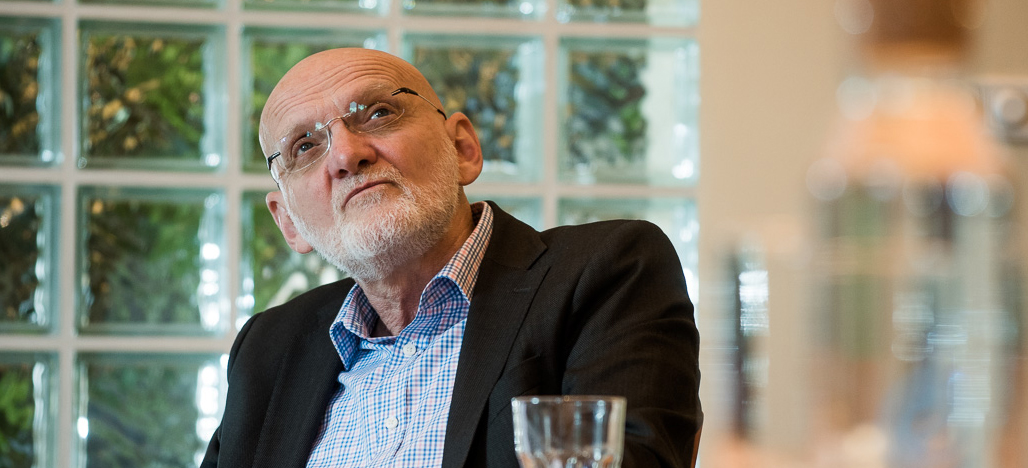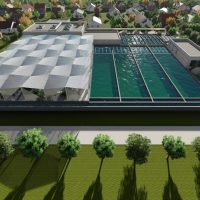In 1998, while Attila Bodnar practiced architecture in the United States, an idea began to develop. The urban wastewater cycle had significant challenges and needed a completely new solution for it to become sustainable. This meant that an entirely new facility needed to be crafted to treat wastewater in a more localized environment.
The state-of-the-art facility needed to be developed with the capacity to serve various demands that being located in the middle of a city would pose. An advanced and high-level integration of multiple disciplines needed to be implemented for this idea of heightened sustainability to become a reality for Bodnar. Going back to his roots, he traveled home to Hungary, with the focus of building what is known today as Organica Water. The company began as a traditional wastewater design-build company focused exclusively in the Hungarian market. The idea further began to take shape for Bodnar and his team as investments came forward and contracts started to get signed.
Developing the concept behind Organica Water and the Food Chain Reactor (FCR) facility was an easy venture. The difficulty came in trying to convince individuals of the new solution’s benefits and what it could bring to the water industry. It was important to evoke trust that this completely innovative, yet different concept of treating wastewater would work better than current conventional treatment facilities.
With the implied fundamental belief that nature provides the most efficient means to treat wastewater, by 2007 the original idea grew enough to become a reality. Through the team’s perseverance and hard work with industry professionals, investors, architects and engineers, Organica Water evolved and quickly set itself apart from other water companies. The Organica solution offers significant cost savings and a harmonious, botanical garden-like integration into modern urban lifestyles.
These advances were not something typically seen by industry standards and it took convincing from Bodnar and his team to have others believe in the Organica Water solution. In 2009, the solution made its way to bustling cities in China and serene landscapes in France, reducing their physical footprints immensely. The company started branching out globally and the concept of treating wastewater became glorified, not shunned or shamed. The Organica Water powered solution took cumbersome and smelly facilities to beautiful, odor free greenhouses with the ability to be placed anywhere.
Continuing to build on the foundation, the company has become synonymous with innovation, is present in 16 countries and the iconic Organica Water plants have indeed transformed how wastewater treatment and water reuse can be thought of in the urban setting.
The passion that permeates from Organica Water’s employees, its partners and its clients is truly unique. The people who work alongside Bodnar are proud and inspired to be a part of this sustainable expedition. The solution is easily recognized as a key component in the future of sustainable water. Thanks to the concept he developed, communities in which the Organica Water solution serve are left with an exceptional product that specifically meet their needs.

As the company prepares to celebrate its twentieth anniversary, Bodnar continues to watch the diversity of Organica Water grow, serving as Executive VP of Business Development in the Budapest, Hungary office. The constant change and evolution of the company is something he has admired since the beginning. Through years of trial and tribulation and success, the most important thing to come out of starting the company were the learning experiences and deepened understanding of the world. With an increased technical and cultural take, the challenges that continue to be faced, assist the team of over 100 employees in fine tuning the Organica Water solution even more.
Organica Water has shown the world that wastewater treatment can be made to be aesthetically beautiful and is proud to serve as a global provider of innovative solutions for treating nature’s most valuable asset, water. What once started out as an idea, has been brought to life and would not have been possible without Bodnar’s drive for change in an effort to make the world a more sustainable place.


